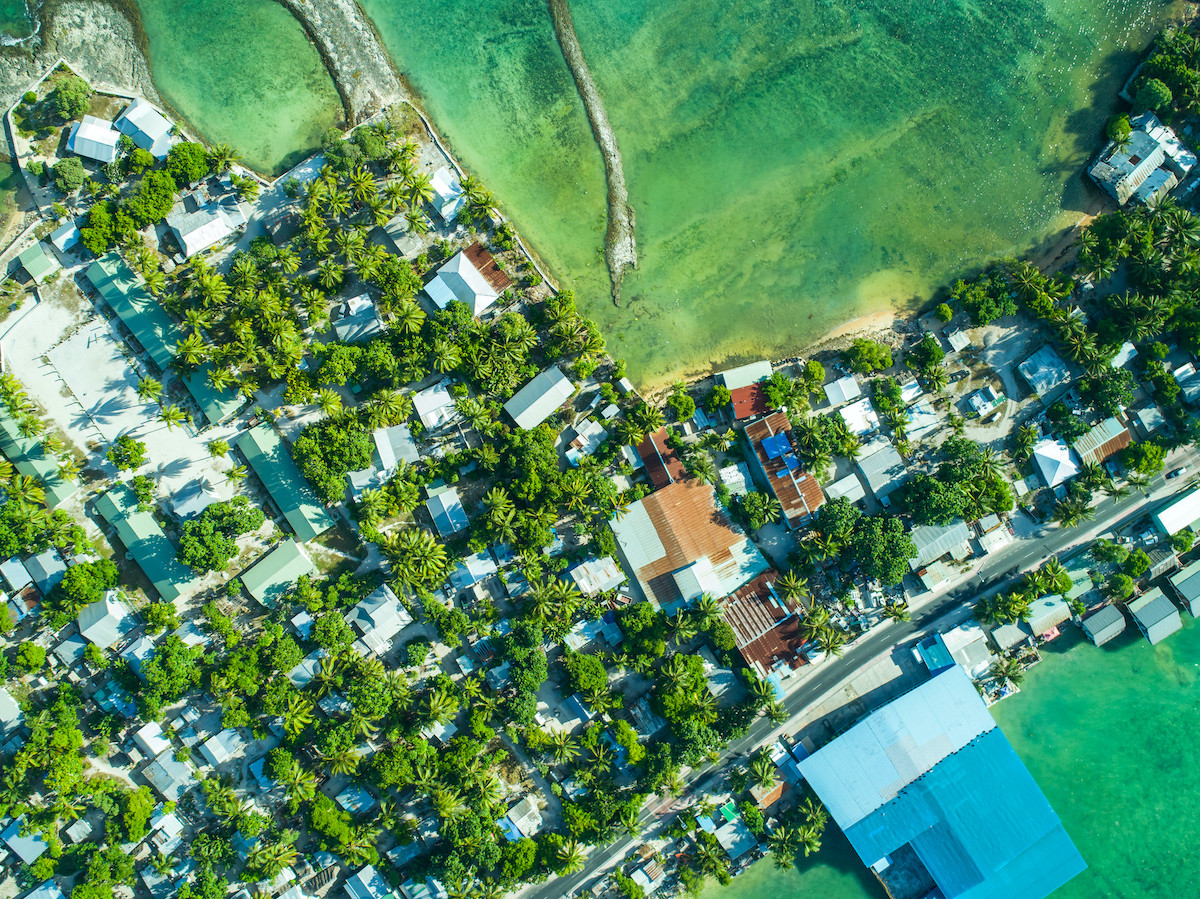Together for Prevention: A Game-Changing Handbook and Creative Communications Tools to Prevent VAWG


Together with UN Women and the Ministry of Women, Youth, and Social Affairs (MWYSA) of the Government of Kiribati, Equality Institute has been leading a long-term impact evaluation of the Strengthening Peaceful Villages (SPV) programme—a community-based violence prevention initiative in South Tarawa.
Adapted from the SASA! framework, the programme sought to prevent intimate partner violence (IPV) by shifting harmful social norms and strengthening community cohesion. EQI conducted a baseline study, a midline study (entirely remotely during COVID-19 in 2022), and a follow-up study in 2023. While the findings were mixed, this multi-stage evaluation represents comprehensive efforts to understand what works to prevent violence in the Pacific context.
Kiribati has some of the highest recorded rates of violence against women in the world. Yet there has been limited evidence about which prevention strategies are effective in Pacific Island settings, where geographic isolation, resource constraints, and deeply rooted social norms present unique challenges.
The Government of Kiribati and its partners needed evidence on whether SPV—a locally adapted version of SASA!—was reducing violence and transforming community norms. However, disruptions caused by the COVID-19 pandemic compounded these challenges, making in-person data collection impossible and requiring EQI to pivot to fully remote research methods in 2022.
EQI designed a rigorous quasi-experimental, mixed-methods evaluation, including:
Throughout, EQI worked closely with MWYSA, UN Women, government officials, and civil society partners to ensure cultural sensitivity and local relevance. The evaluation examined IPV rates, men’s controlling behaviours, women’s ability to negotiate sexual relations, and broader shifts in community norms around power and gender.
The evaluation generated context-specific evidence on community-based violence prevention in the Pacific. While results were mixed—showing that the SPV intervention did not achieve the level of community impact originally hoped for—the research nonetheless provides crucial insights into what works, what doesn’t, and why and findings are informing policy discussions.
By documenting both successes and limitations, the study contributes to a more honest and nuanced global evidence base. It underscores the challenges of adapting proven interventions to new cultural contexts and highlights the importance of long-term, iterative learning in violence prevention. For Kiribati and the wider Pacific region, the evaluation offers lessons that will shape more effective, locally grounded prevention strategies in the future.
Access the Follow-up Study Report published by UN Women here.
The land we live and work on always was, and always will be, Aboriginal land. We pay our respects to the Traditional Custodians of Country throughout Australia and acknowledge the ongoing leadership role of Aboriginal & Torres Strait Islander communities in preventing violence against women. We also acknowledge Traditional Custodians of the lands where EQI works around the world.
Read MoreYou have been logged out.
"*" indicates required fields